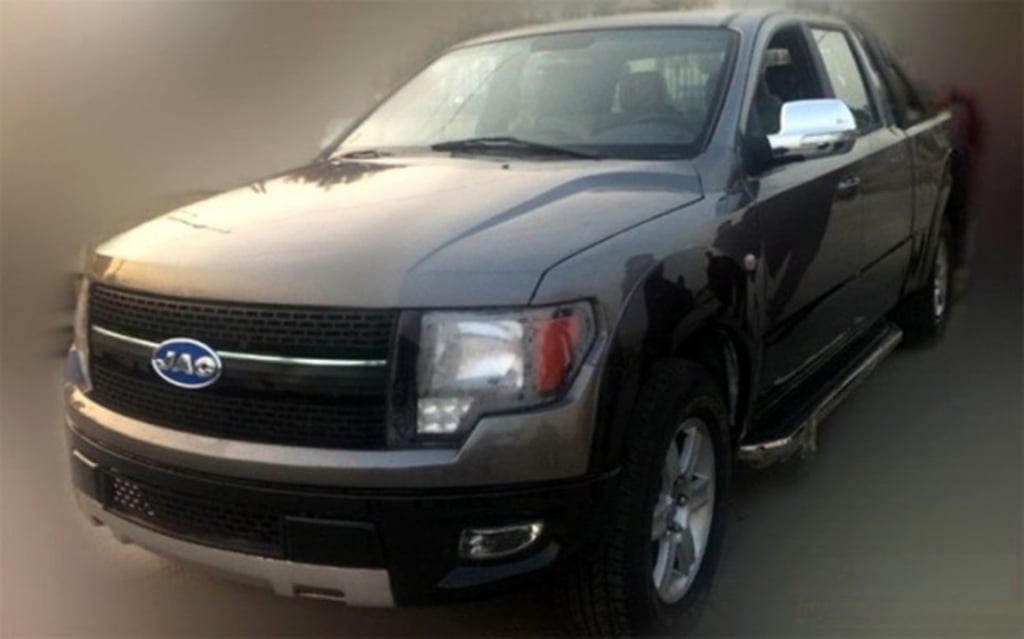On a raid with the secret agents chasing China counterfeiters who cost big corporations billions
Ford car parts, Nike shoes, medicines ... you name it and China can fake it; its US$400 billion counterfeiting industry costs global corporations billions in lost sales. America’s oldest detective agency is on the hunt for the fakers

Four plain-clothes officials from the Market Supervision Bureau (MSB) emerge from a van and head towards an unmarked concrete building in an industrial park in Changzhou, 160km northwest of Shanghai. Azim Uribe, a 30-year-old solidly built American, strolls behind them, wearing dark sunglasses and a surgical mask that filters the polluted air and, more importantly, conceals his identity.
The MSB officials inspect the building, one room at a time. On a makeshift loading dock beneath a tin roof, they find pallets of unused cardboard boxes and other shipping materials; in the next room, semiconductors; and throughout the warehouse, hundreds of what look like Ford truck bumpers, but aren’t. Farther down the main corridor, in a room the size of a two-car garage, the officials find a pair of middle-aged women in aprons, assembling headlights.
The operation seems to be dealing in knock-offs, which infringe on a company’s intellectual property rights, but not its trademarks (China’s Jianghuai Auto Corporation, for instance, built a clone of Ford’s F-150 truck with a blue-and-silver JAC emblem on its front bumper instead of the Ford logo). But Uribe’s informants have told him there is evidence of black-market counterfeiting, a scourge that costs the United States’ automobile industry an estimated US$12 billion annually.

Right next to the women, Uribe, at last, finds the proof he’s looking for. Piled inside a cardboard box are oval hunks of plastic emblazoned with fake Ford emblems, ready to be attached to the bumpers. The MSB officials load the counterfeits into trucks and vans headed for a warehouse, where they will be catalogued and then destroyed.
Counterfeiting is a US$400 billion industry in China. Factories churn out real Nike shoes just a handful of subway stops from illicit markets selling fake ones, and counterfeit versions of the latest iPhone are hawked in Shanghai’s Pudong International Airport before the real ones reach the remoter stores in the West.
There are real dealerships selling knock-off cars and fake Apple stores where the employees aren’t in on the scam. And black-market goods are a lucrative export, too: China sends millions of pairs of knock-off shoes to the European Union and billions of dollars’ worth of counterfeit pharmaceuticals to Africa and Southeast Asia.